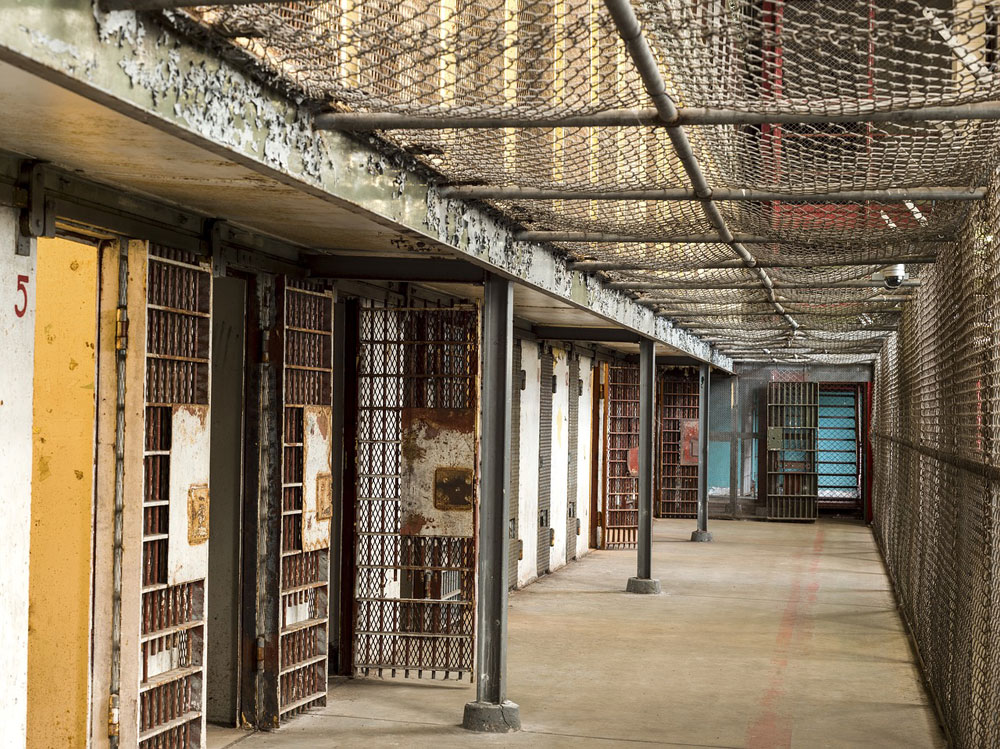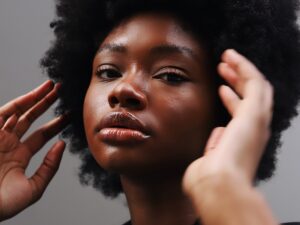
April 8, 2020; Portland Mercury
As the pandemic spread across the country last month, orders to protect public health and “flatten the curve” quickly divided the country into two spheres—those who could, by nature of their wealth or job status, shelter in place, and those who had to go out into the world and make it function for the half who could stay at home.
While our collective conscious typically thinks of first responders and medical professionals as the only “essential” employees, Americans quickly learned there were actually a bevy of underpaid and overlooked workers without whom we can’t function as a civilized society. From pharmacy techs and food deliverers to sanitation workers and nursing home attendants, millions of American workers were still slogging it out in their 9-to-5 routine and then some, with little pay and scant access to personal protective equipment. As a result, throughout March, online, and in the courts, the ensuing conversations, lawsuits, formal complaints, and strikes could make their mark on gig work, minimum wage, and more—long after COVID-19 subsides.
Last month, the CDC’s guidelines around “social distancing” and a call for increased vigilance around hygiene have also brought attention to another group of people struggling to comply with the best practices: those incarcerated where distancing is impossible and hand sanitizer (due to the alcohol content) is contraband.
Early on, prison reform advocates called for early release of those whose sentences were ending soon and a compassionate release for those of an advanced age with underlying health conditions. The call was not only to protect inmates, but the prison staff who interact with them, and the families and communities the correction workers return home to.
Poor prison sanitation was a challenge well before the virus. Sometimes, even soap or running water are hard to come by. With an aging prison population housed in often poor sanitary conditions, these institutions are a public health disaster waiting to happen.
The Marshall Project has been sounding the alarm for a while, and increasingly, inmates are making their plight known. Earlier this month, inmate protest over the lack of COVID-19 response forced a Portland, Oregon minimum security prison into lockdown, sending security guards into the shelter of locked offices., Elsewhere in the state, seven prisoners filed a lawsuit against Governor Kate Brown and the Oregon Department of Corrections, accusing state officials of subjecting inmates to cruel and unusual punishment by not adequately protecting prisoners from COVID-19, according to the Oregonian.
Cruel and unusual punishment is prohibited by the Eighth Amendment to the US Constitution. A similar constitutional case has been made citing the lax staffing and oversight that allows inmate abuse such as rape to occur in prison.
Sign up for our free newsletters
Subscribe to NPQ's newsletters to have our top stories delivered directly to your inbox.
By signing up, you agree to our privacy policy and terms of use, and to receive messages from NPQ and our partners.
Also this month, the NAACP Legal Defense and Educational Fund, Inc. (LDF) joined several partners in issuing a Demand for Immediate Action in correctional and juvenile facilities throughout the South.
For its part, the ACLU is working to make sure that any legal advances gained during the pandemic stick and that cases overall still move forward. In a statement issued by David Cole, the ACLU Legal Director, he advises that “reports of courts closing down can be misleading.”
While public trials that require jurors and in-person testimony have been suspended, most courts and lawyers can do their work remotely. The filing of legal briefs continues, and oral arguments and hearings are being held remotely. The work of securing justice continues.
But will the collective plight transform into a long-term movement with teeth? For prison release now to lead to an end to mass incarceration after the pandemic is over requires not just legal victories but also effective organizing that changes our sense of who the collective “we” is and dismantles the structural racism that has allowed mass incarceration to persist—a system, where, for instance, Black men are imprisoned nationally at five times the rate of white men.
As the New York Times points out, “our jails and prisons are packed because for decades, being tough on crime was seen as the only political option in America, which led to a building boom for prisons, long mandatory-minimum sentences and an extremely high incarceration rate compared with other countries.”
This obsession with locking up large nonviolent portions of society, along with chronic underinvestment in reform, affordable education, and job training, is now the cornerstone for an added unnecessary health crisis amidst a pandemic. COVID-19 rips through jails and prisons but doesn’t stay there, as workers risk not only their lives, but the lives of everyone they share a living space with each night they return home.
Hopefully, while #SafeAtHome, more Americans will develop some empathy and a taste for advocacy around prison reform. Additionally, it remains to be seen what role the surely sagging state and federal coffers post-COVID could play in getting everyone on board the prison reform train. After all, it’s expensive and highly inhumane to lock people up and throw away the key. Will our nation come out of this pandemic ready to dismantle what Michelle Alexander has famously called our New Jim Crow? It’s worth a shot; there is, after all, a lot at stake.—Carrie Collins-Fadell













